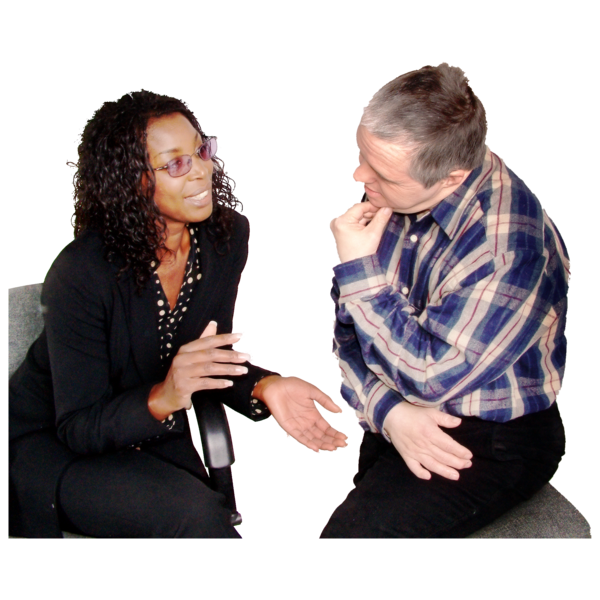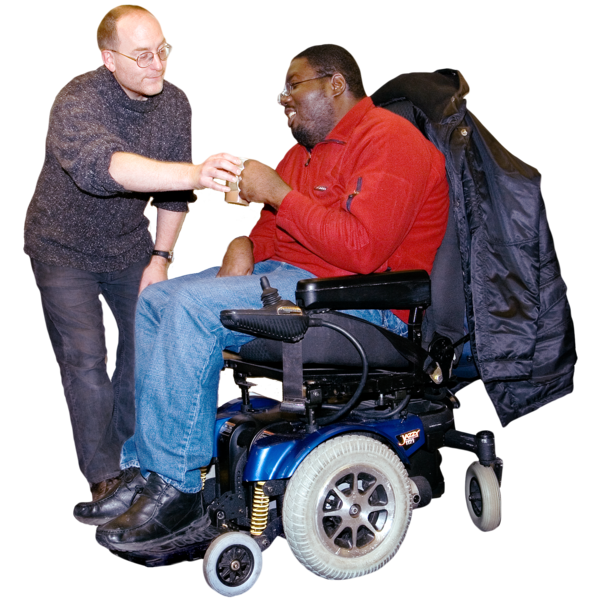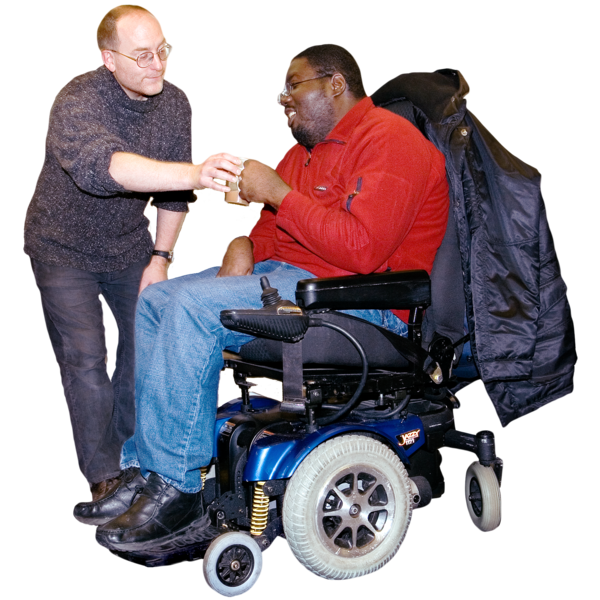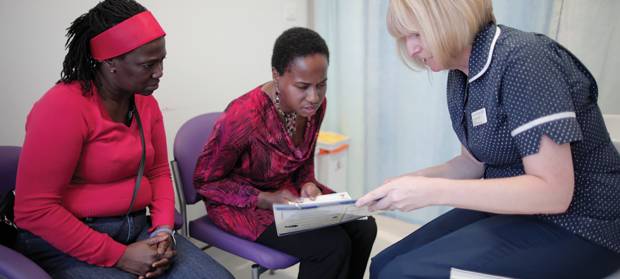As a student
learning disability
 A learning disability is to do with the way someone's brain works. It makes it harder for someone to learn, understand or do things.
nurse, I feel it’s important to highlight the daily struggles I face to access those with a learning disability in all care settings.
A learning disability is to do with the way someone's brain works. It makes it harder for someone to learn, understand or do things.
nurse, I feel it’s important to highlight the daily struggles I face to access those with a learning disability in all care settings.
Although I have enjoyed every aspect of my first year in training as a learning disability (LD) nurse and feel that I have gained a lot of professional and personal growth, aspects of my student experience have given me cause for concern on the future of learning disability nurses. This concern is echoed by my peers.
Whilst on two varying placements as a student LD nurse, it was concerning to see that I only met one LD nurse, especially considering that both of my working placements were centered around the care of those with a learning disability.
Instead these placements were filled with children or adult nurses. Later, I found out that I had been lucky to have access to a LD nurse as other students on my cohort had not seen or had access to any.
This lead me to ask two specific questions whilst on placement:
- Why are their no learning disability nurses here?
- Could I work here in the future?
I was told by one placement that I would be able to work there in the future, although, I would not be able to give medication due to lack of clinical knowledge, it would only be possible if I was supported by another qualified nurse.
My second placement said I would need to do a top-up degree in children’s nursing. Despite spending years in training to become a specialized nurse, it appears that LD nurses are not fully understood or recognized, there appears to be a stigma surrounding the role of incapability, inadequacy or lack of trust to deliver appropriate care.
LD nurses and students going in to this role hold all the core
values
 Values are the things that are important to you. Mencap's values are being passionate, inclusive, brave, positive, and kind.
to make excellent nurses; they are caring, compassionate, competent and certainly have a lot of courage, commitment and dedication to stand up for their core beliefs.
Values are the things that are important to you. Mencap's values are being passionate, inclusive, brave, positive, and kind.
to make excellent nurses; they are caring, compassionate, competent and certainly have a lot of courage, commitment and dedication to stand up for their core beliefs.
They develop a deep understanding and knowledge base of varying syndromes and disorders, they understand how these impact not only on an individual’s health, but also on their personal, social and family lives, LD nurses either hold or develop exceptional communication skills and enable individuals to express themselves or alternatively act as an
advocate
 An advocate is a person who can help you have your say. An advocate can speak up for you if you find it hard.
for them when they are unable to do so. LD nurses are able to see someone for how they want to be seen and not for their disorder or illness.
An advocate is a person who can help you have your say. An advocate can speak up for you if you find it hard.
for them when they are unable to do so. LD nurses are able to see someone for how they want to be seen and not for their disorder or illness.
Despite holding all the ideals to help create a culture of compassionate care, I feel that sometimes opportunities to help more efficiently in my role are blocked by the lack of understanding from other professionals. As such, chances and opportunities to increase health and wellbeing are lost, as places to work are often limited or restricted to LD nurses.
Whilst working at my part-time job as a clinical
support worker
 Support workers
Support workers
 Support workers are people who are paid to give care and support to people who need it.
are people who are paid to give care and support to people who need it.
on varying hospital wards, I have often heard comments such as “What is a LD nurse, what do you do?” and “oh, so not a proper nurse”.
Support workers are people who are paid to give care and support to people who need it.
are people who are paid to give care and support to people who need it.
on varying hospital wards, I have often heard comments such as “What is a LD nurse, what do you do?” and “oh, so not a proper nurse”.
After hearing these comments in several different environments, I became a little disheartened that other professionals did not appear to understand, recognize or acknowledge the importance of LD nurses.
It also highlighted that this lack of understanding and recognition for LD nurses impacts on the quality of care a person with a learning disability receives whilst in hospital.
I have seen on several occasions that some professionals do not truly understand how to communicate with a person with a learning disability. This could be due to being scared of the unknown or not really being sure of how best to help communicate what is going on in a situation. It’s important to ensure that someone is seen for who they are as a person rather then their disorder, syndrome or illness.
Often people with a learning disability have been placed in a side room and most personal care is provided by family members. Having a qualified LD nurse in such settings will help to ensure such basic needs are met whilst offering support to both the individual in question, family members and other professionals.
If these basic principles can’t be achieved, then it will be difficult to promote equal healthcare for all.
As a student learning disability nurse, I want to have the opportunity to be clinical and be able to support people with a learning disability in all settings, and not be excluded from hospital wards due to lack of clinical knowledge.
If LD nurses spend years to be trained as a specialist nurse and hold the knowledge and
education
 Education is when you learn things. When you fill in a form to get a job, education means you write where you went to school, college or university.
to help and understand the daily struggles of people with a learning disability, these skills should be utilized in all settings to help achieve, promote and drive equal
rights
Education is when you learn things. When you fill in a form to get a job, education means you write where you went to school, college or university.
to help and understand the daily struggles of people with a learning disability, these skills should be utilized in all settings to help achieve, promote and drive equal
rights
 Rights are the things everyone should be allowed to do like have a say, or go to school.
in health care.
Rights are the things everyone should be allowed to do like have a say, or go to school.
in health care.
